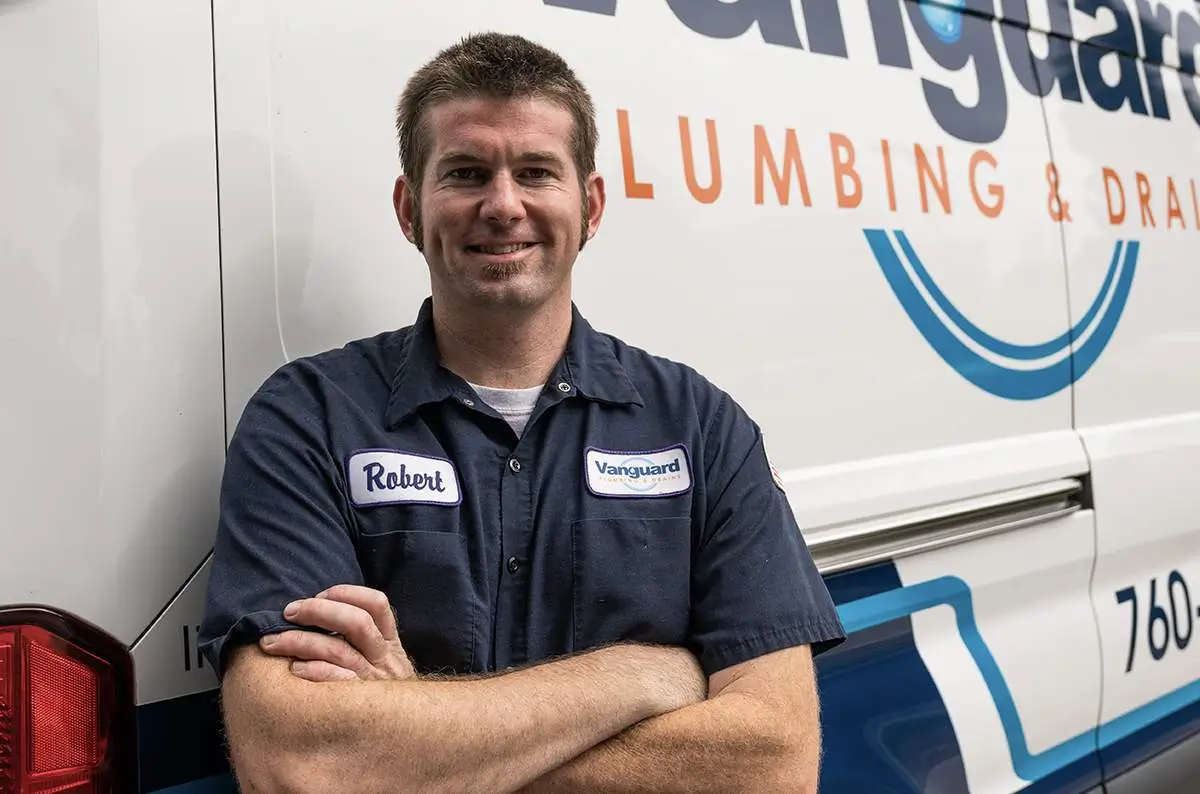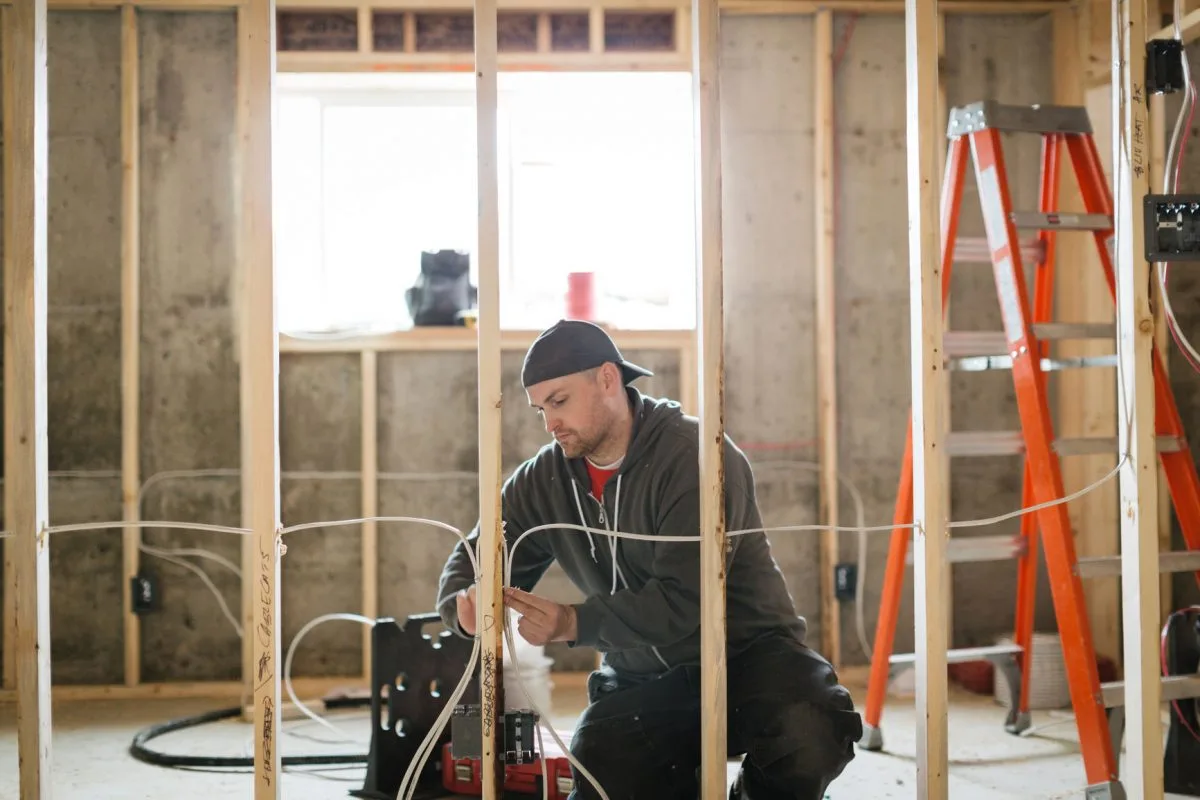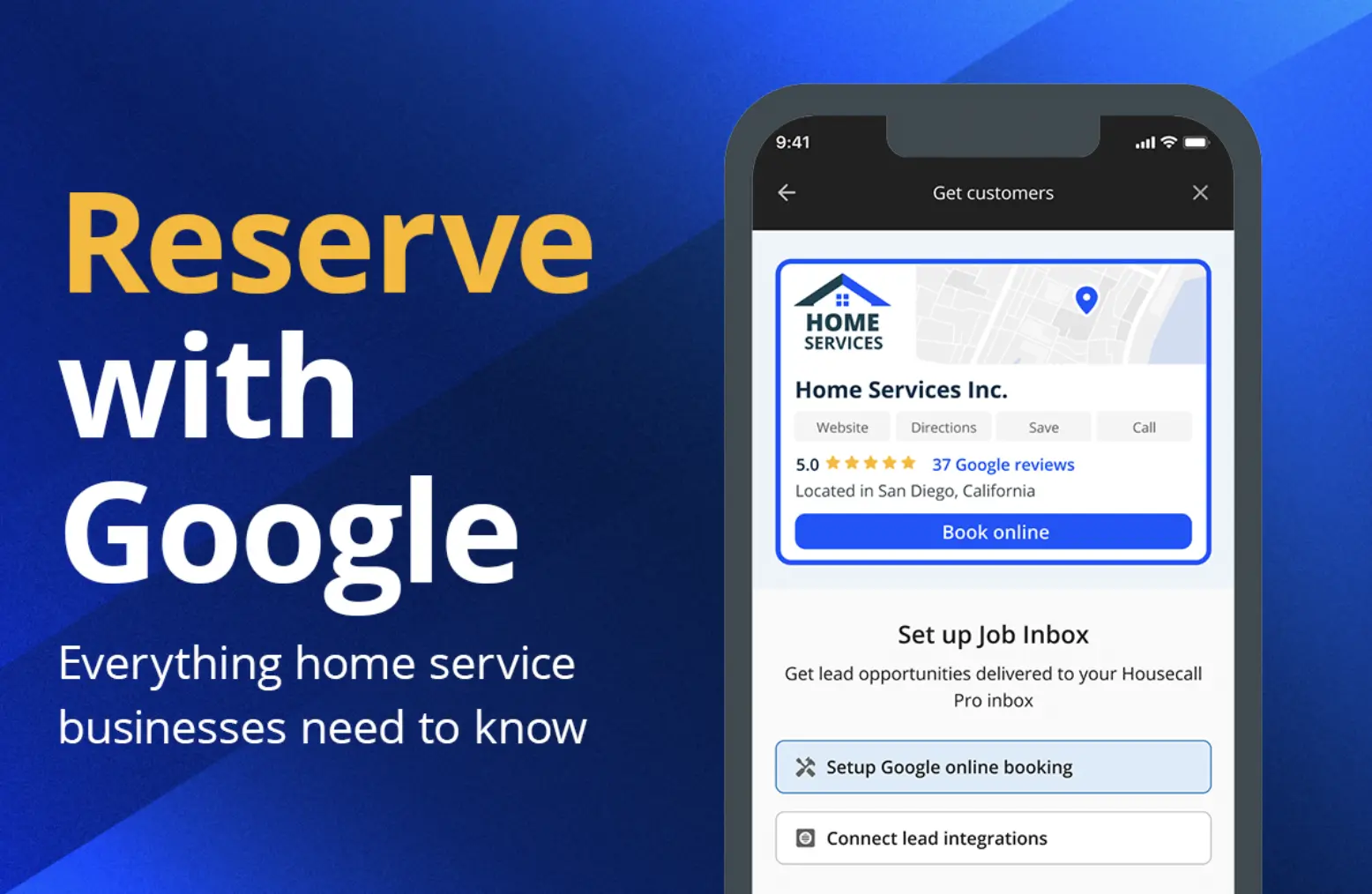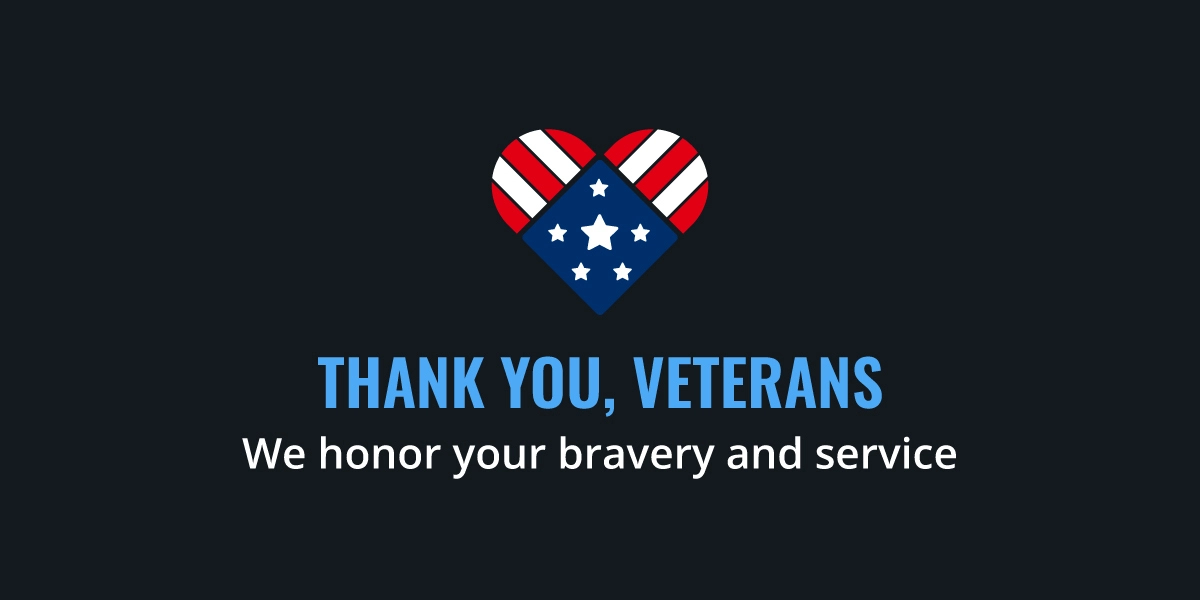
Veterans have long been the backbone of our nation’s security, serving with courage and commitment in the military. But their influence doesn’t stop there. Many have transitioned from military service to become leaders and successful business owners in the trades. These men and women bring a unique blend of technical skills, discipline, and leadership to the trades industry, and they are making significant contributions to the economy, particularly with the support of tools like Housecall Pro. This article will highlight inspiring veteran entrepreneurs from the Housecall Pro community and explore the incredible value they bring to the trade sector.
Why Veterans Excel in the Trades & Business Leadership Roles
Many veterans continue to serve their communities after being discharged, not only through their military service but also through their entrepreneurial ventures in the trades. Military experience teaches invaluable, life-long skills that are crucial in trades where unexpected challenges often arise. These are some of the many attributes that make veterans not only excellent tradespeople but also natural leaders in trade-related businesses:
- Leadership and Teamwork Experience: Veterans’ military training equips them with leadership and teamwork skills essential for supervisory and management positions in a wide variety of businesses.
- Discipline and Work Ethics: The strong work ethic and commitment to high standards that veterans bring contribute to leading teams by example. This discipline fosters a positive and productive work environment.
- Technical Skills and Training: Many veterans possess technical training relevant to HVAC and plumbing, enabling them to lead and train teams effectively.
- Adaptability and Problem-Solving: Military service hones quick thinking and creative problem-solving, vital for responding to challenges in leadership roles.
- Cultural Competence: Veterans’ experience working in multicultural settings aids in leading diverse teams and improving customer interactions.
Veteran Business Ownership and Success in the Trades
Statistics on Veteran-Owned Businesses
Veterans own 9.1% of U.S. businesses, generating over $1 trillion annually. Additionally, veterans are 45% more likely to be self-employed compared to non-veterans, highlighting how military experience boosts entrepreneurial potential.
Celebrating the Legacy and Leadership of Veteran Housecall Pro Contributors
Steven Bates – USMC, Top Contributor
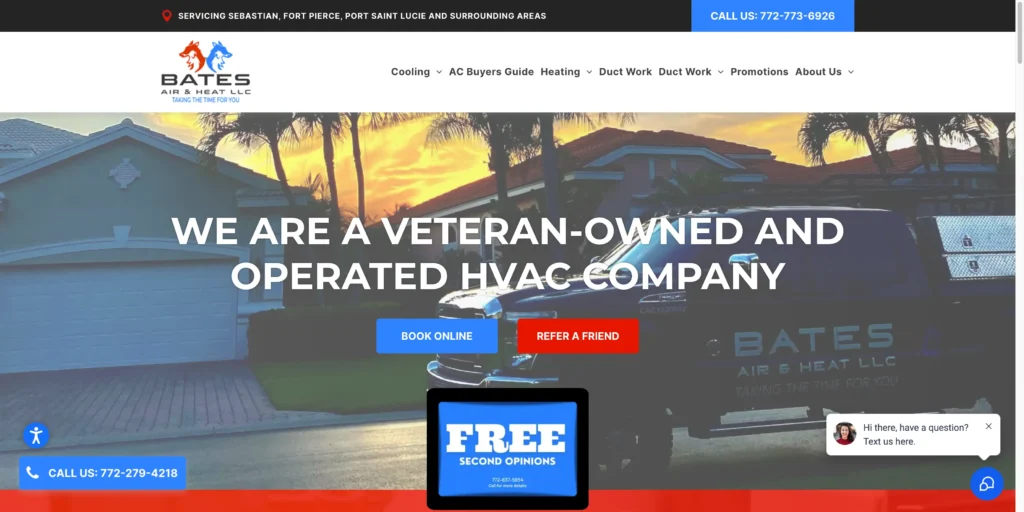
Service Background: Steven Bates served as an Infantry Rifleman (0311) with 1/3 Alpha Company in the U.S. Marine Corps from 2007 to 2011. His time in the military shaped his character and work ethic.
Memorable Moments: Steven’s military journey was marked by camaraderie and a shared sense of purpose with his fellow Marines. The mantra “Rah” served as a constant reminder of the strength and resilience required in both military and civilian life.
Transition and Success: After transitioning to civilian life, Steven found a natural fit in the trades. His military-honed leadership and discipline made him an invaluable asset in his trade career. Now, as a leader in the industry, Steven continues to serve with the same dedication he showed in the military, helping businesses thrive and making a significant impact on the community.
Dmitry Petersen – USMC, Dedicated to Teamwork
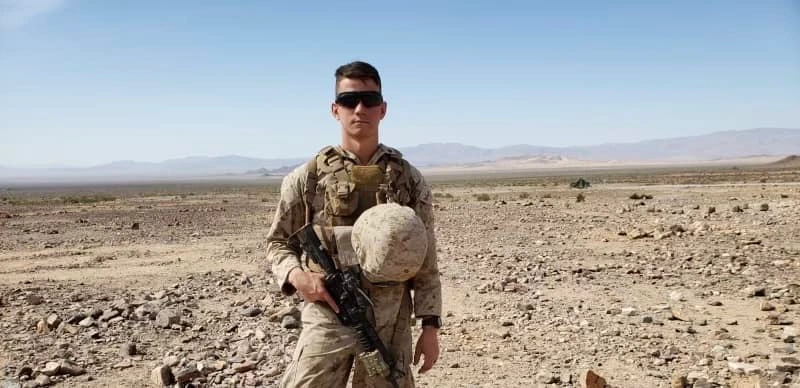
Service Details: Dmitry Petersen served in the U.S. Marine Corps as an Infantry Rifleman (0311) from 2014 to 2020.
Reflections: Dmitry’s commitment to “Semper Fi” — always faithful — speaks to his unwavering loyalty and adaptability. His time in the Marines taught him the value of teamwork, a principle he carries with him today in the trades.
Impact on the Trade: Dmitry’s ability to collaborate and lead effectively has enabled him to excel in the trades. He understands the importance of unity and teamwork, and this mindset has helped him build successful teams that tackle any challenge with precision and commitment.
Ray Ferrizzi – US Army Veteran of Desert Shield/Desert Storm
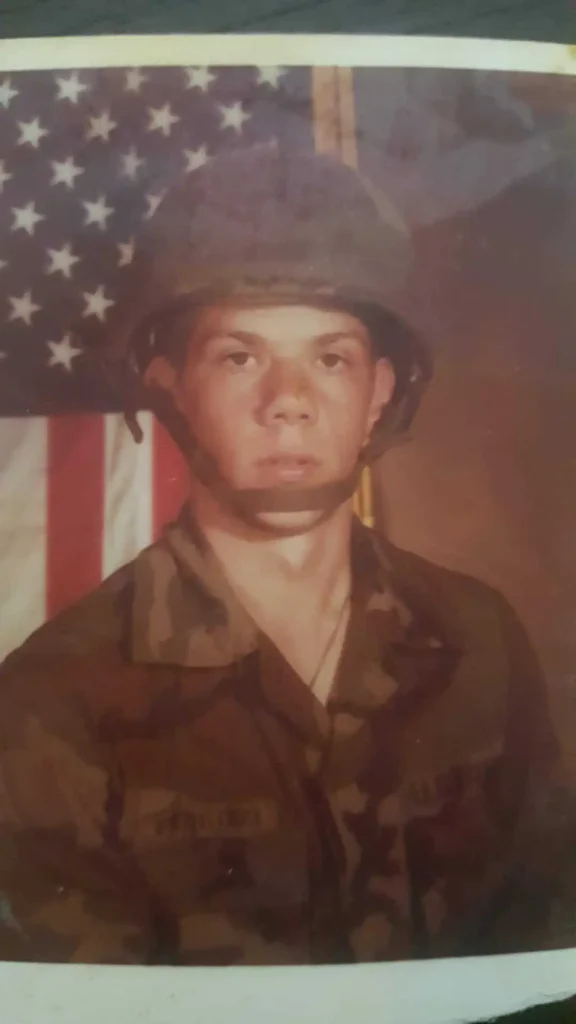
Military Service: Ray Ferrizzi served in the U.S. Army from 1984 to 1992, participating in critical operations like Desert Shield and Desert Storm.
Experience and Challenges: During his military service, Ray was faced with some of the most demanding challenges. The lessons he learned in those high-pressure environments have shaped his approach to business today.
Legacy: Ray’s military experience sharpened his strategic thinking and decision-making under pressure, skills that are crucial in the trades. He has continued to build on these attributes as he navigates his business, making quick decisions that ensure the success of his ventures.
Stories of Strength and Adaptability in Trade Leadership
Michael James Johnson – USAF Top Contributor
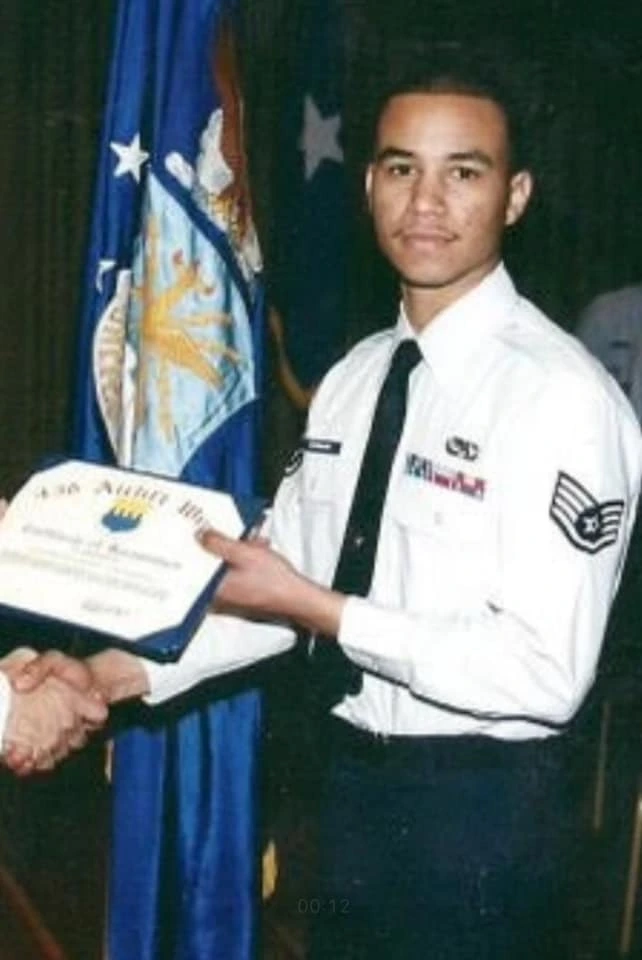
Service History: Michael served in the U.S. Air Force from 1998 to 2004.
Unique Experiences: A key turning point in Michael’s military career was his technical training, which shaped his future in the trades. His attention to detail and strong problem-solving skills were honed during his service, preparing him for the challenges of the civilian workforce.
Contribution Today: Now a leader in his industry, Michael mentors others in the trade field, applying his technical knowledge and experience to teach and guide those entering the workforce. His dedication to service continues as he passes on his skills to others.
David Tremmel – USMC Veteran and Problem Solver
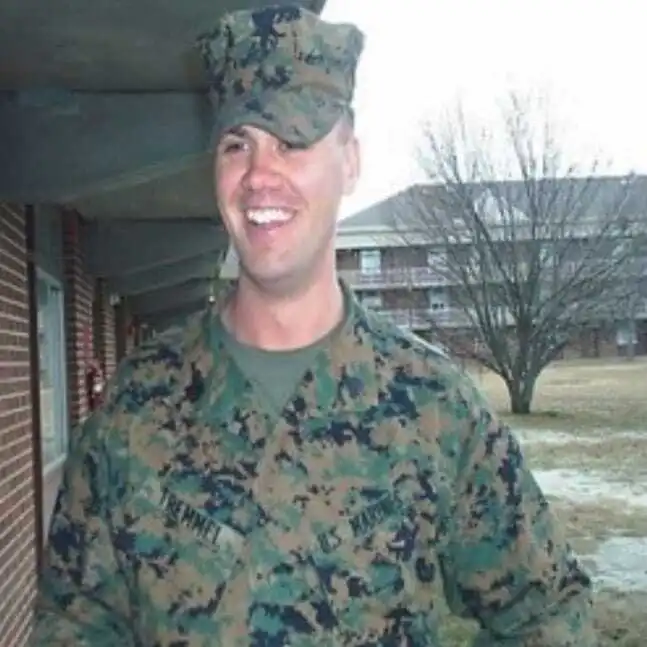
Service Background: David served in the U.S. Marine Corps from 2002 to 2006 as an Anti-Tank missile (0352).
Problem-Solving Under Pressure: In his role, David was trained to think quickly and solve complex problems under pressure — a skill he now uses daily in the fast-paced world of trades.
Team Leadership: David’s leadership style is rooted in the Marine Corps’ “Semper Fidelis” — always faithful — spirit. He leads by example, ensuring his team performs at the highest standard and tackles challenges head-on with confidence.
Leading by Example–Veterans Who Build Community
Jennifer Calhoun – Champion of Community Service

Background: Jennifer and her husband, LTC Matthew Calhoun, both come from a proud lineage of military service spanning generations.
Initiative: Together, they founded G.I. Junk Removal, a company focused on providing jobs and opportunities to veterans. Their vision of “Veterans Serving Community & Community Serving Veterans” underscores their commitment to both their fellow veterans and the communities they serve.
Impact: G.I. Junk Removal has had a lasting impact on local communities, offering jobs, fostering relationships, and creating an environment where veterans can thrive.
Chris Howard – US Air Force Instructor and Legacy Holder
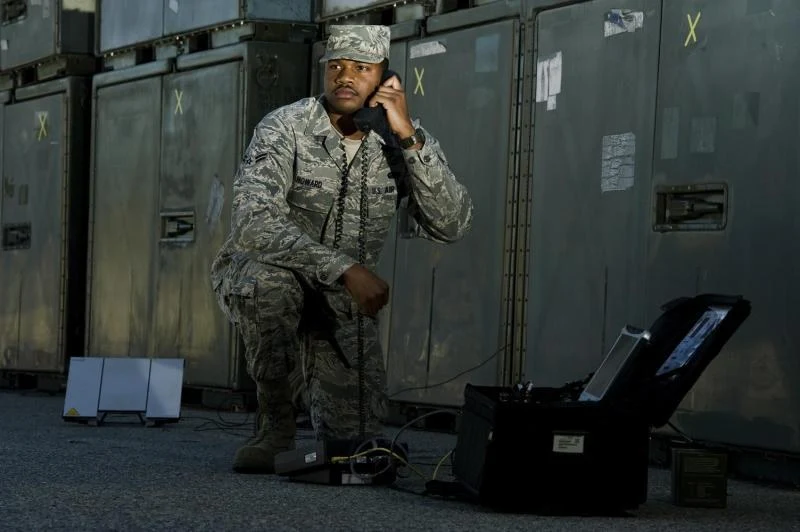
Service Details: Chris Howard served in the U.S. Air Force from 2009 to 2016 as a Technical Instructor, participating in Operation: New Dawn.
Family Tradition: Chris comes from a military family, with both his mother and stepfather serving in the Army. This deep-rooted sense of service has influenced his approach to leadership and his commitment to making a difference in the civilian world.
Bridging the Gap: Chris applies his instructional background to uplift others in the trades, training individuals and helping them navigate the complexities of the industry with the same clarity and precision he used in the Air Force.
Challenges Veterans Face When Transitioning to Business in the Trades
Marketing and Business Development
Nearly half of veteran entrepreneurs report difficulty in marketing their businesses. This challenge is often rooted in limited experience with digital marketing strategies, evolving customer behavior, and staying ahead of competitors. Over a quarter also struggle with market analysis, which is essential for identifying target markets, understanding customer needs, and positioning their businesses effectively.
Solutions:
Veterans can draw from their military experiences—such as strategic planning and mission execution—to overcome these marketing obstacles. Here are some actionable strategies:
- Leverage Local Networks: Get involved in local business groups, trade associations, and community events. Networking can lead to valuable connections, referrals, and collaborations that drive business growth.
- Embrace Digital Marketing: Establish a strong online presence through social media, Google Business Profiles, and a user-friendly website. Consider taking online courses on search engine optimization (SEO) and digital marketing tools to enhance your skills.
Financial Barriers
About 37% of veteran entrepreneurs face issues with access to capital, while 34% find it difficult to secure financing. This barrier can limit their ability to purchase equipment, hire staff, and expand operations.
Solutions:
Veterans can take advantage of the following resources to address financial challenges:
- Veteran-Specific Loans: Explore veteran-focused financing options such as the Veterans Advantage Loan Program (VALP) and programs offered by the Small Business Administration (SBA). These loans often come with favorable terms and are tailored to support veteran entrepreneurs.
- Government Programs: Look into state and federal programs that offer incentives, training, and financial aid for veteran-owned businesses. The SBA’s Office of Veterans Business Development (OVBD) is a great place to start.
Transitioning from Military to Civilian Life
Adapting to the civilian work culture and translating military skills to the business world can be a significant adjustment for many veterans. The structured nature of military life often contrasts sharply with the more fluid and complex civilian workplace, leading to potential challenges in communication, work processes, and expectations.
Solutions:
There are several programs and strategies designed to bridge this gap:
- Training and Support Programs: Participate in programs such as the Department of Defense’s Transition Assistance Program (TAP), which helps veterans prepare for civilian life.
- Skill Translation Workshops: Attend workshops or sessions that help translate military skills into civilian terms. This can make it easier to communicate your value and experience to customers, employees, and partners.
- Mentorship and Peer Support Groups: Connect with other veterans who have successfully transitioned to civilian roles. Sharing experiences and advice can make the process smoother and more rewarding.
How to Support Veteran Entrepreneurs
Supporting veteran entrepreneurs not only honors their service but also strengthens the trade industry. Here are a few ways you can contribute:
- Choose Veteran-Owned Businesses: Opt for services provided by veteran-owned companies to help them grow and succeed.
- Mentorship Programs: Offer your expertise to mentor veterans transitioning into business ownership.
- Community Events: Participate in or sponsor events that highlight and support veteran entrepreneurs.
Together, we can create a supportive environment where veterans excel and lead in the trades, building a stronger, more resilient community for everyone.
Final Thoughts & Thank You from Housecall Pro
Housecall Pro wants to recognize the invaluable contributions veterans bring to our economy. From starting businesses to working in the field as techs, we want to take this moment to thank our domestic and overseas veterans. By recognizing and supporting their contributions, we not only honor their service but also enhance the quality and reliability of the home service trade sector. Let’s continue to celebrate and empower our veterans as they build successful careers and thriving businesses in the trades.


